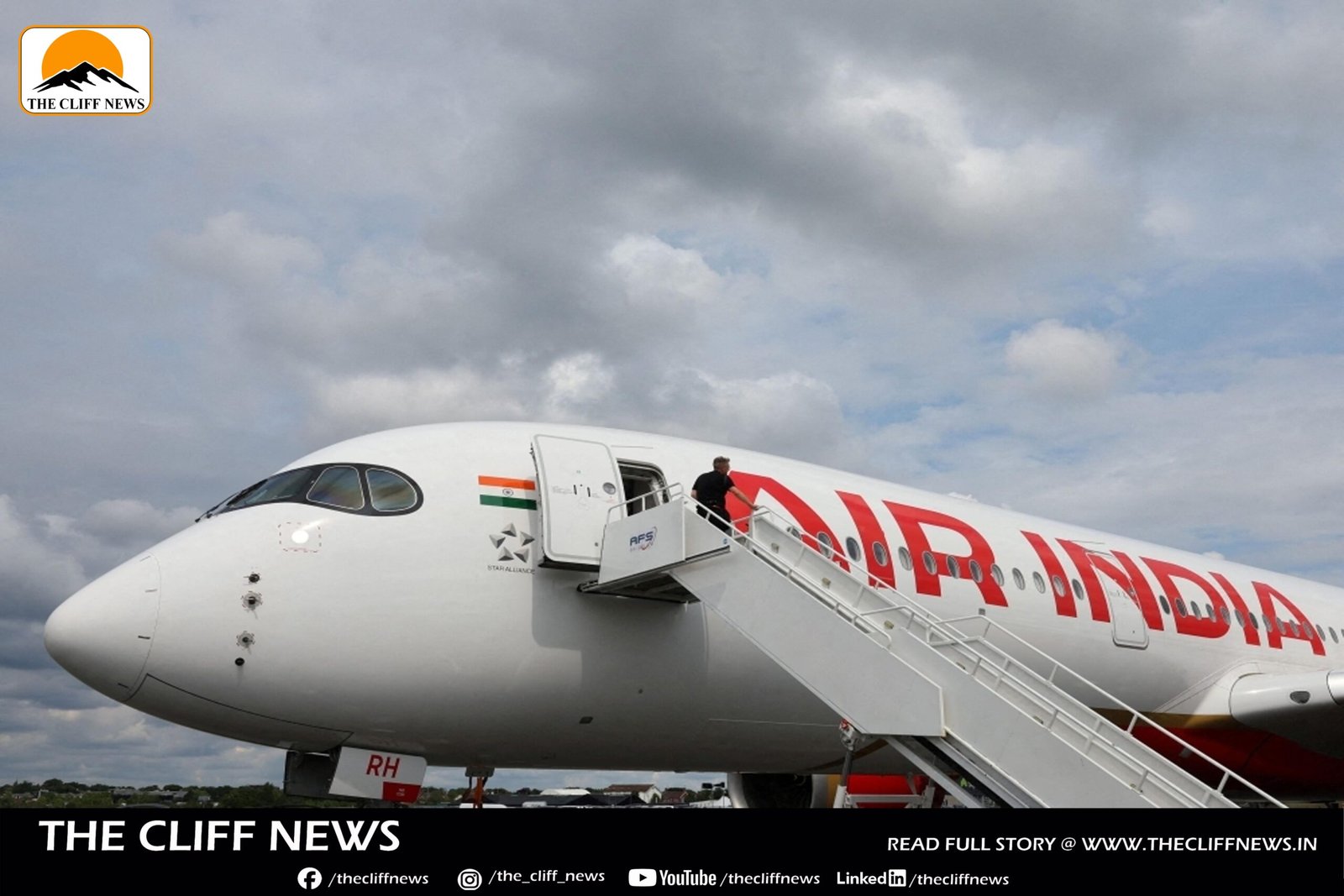The Directorate General of Civil Aviation (DGCA) conducted a routine safety audit of Air India between July 1 and 4, uncovering a total of 51 violations and observations across multiple operational areas. At least two senior officials confirmed to the Hindustan Times that many of these fell under the DGCA’s “Level I” safety classification, denoting critical lapses that demand immediate corrective action.
Among the seven Level I findings was an incident in which an Air India Boeing 787 flight from Milan to New Delhi exceeded its maximum duty time by 2 hours and 18 minutes. Other critical breaches included recurrent training deficiencies among Boeing 787 and 777 pilots—several had missed mandatory line-checks prior to their periodic evaluations—and the use of flight simulators that did not meet DGCA qualification standards.
The audit flagged significant shortcomings in Air India’s operational planning for “Category C” airports (typically high-altitude or otherwise demanding airfields), noting that proper route assessments had not been conducted. The airline’s crew rostering system was also criticized for failing to generate “hard alerts” when minimum staffing levels weren’t met; Reuters reports that at least four international departures operated with insufficient cabin crew on board.
Additional non-compliances—44 in total—ranged from inconsistencies in door and safety-equipment inspections to gaps in training documentation. The DGCA noted the absence of designated chief pilots for both the Airbus A320 and A350 fleets, creating “a lack of accountability and effective monitoring of flight operations” for those aircraft types.
Air India has been given until July 30 to submit a detailed corrective-action plan addressing the critical Level I findings, and until August 23 to resolve the remaining issues. The carrier has acknowledged the audit results, pledging full transparency and promising to work with the regulator to enhance its safety framework.
These findings come amid heightened regulatory scrutiny of Air India following the June 12 crash of Flight AI-171, as well as a spate of passenger complaints concerning maintenance and cabin conditions. In late July, the DGCA issued multiple show-cause notices to the airline and its senior management over systemic lapses, and has ordered mandatory safety checks on all Boeing 787s in the fleet.



